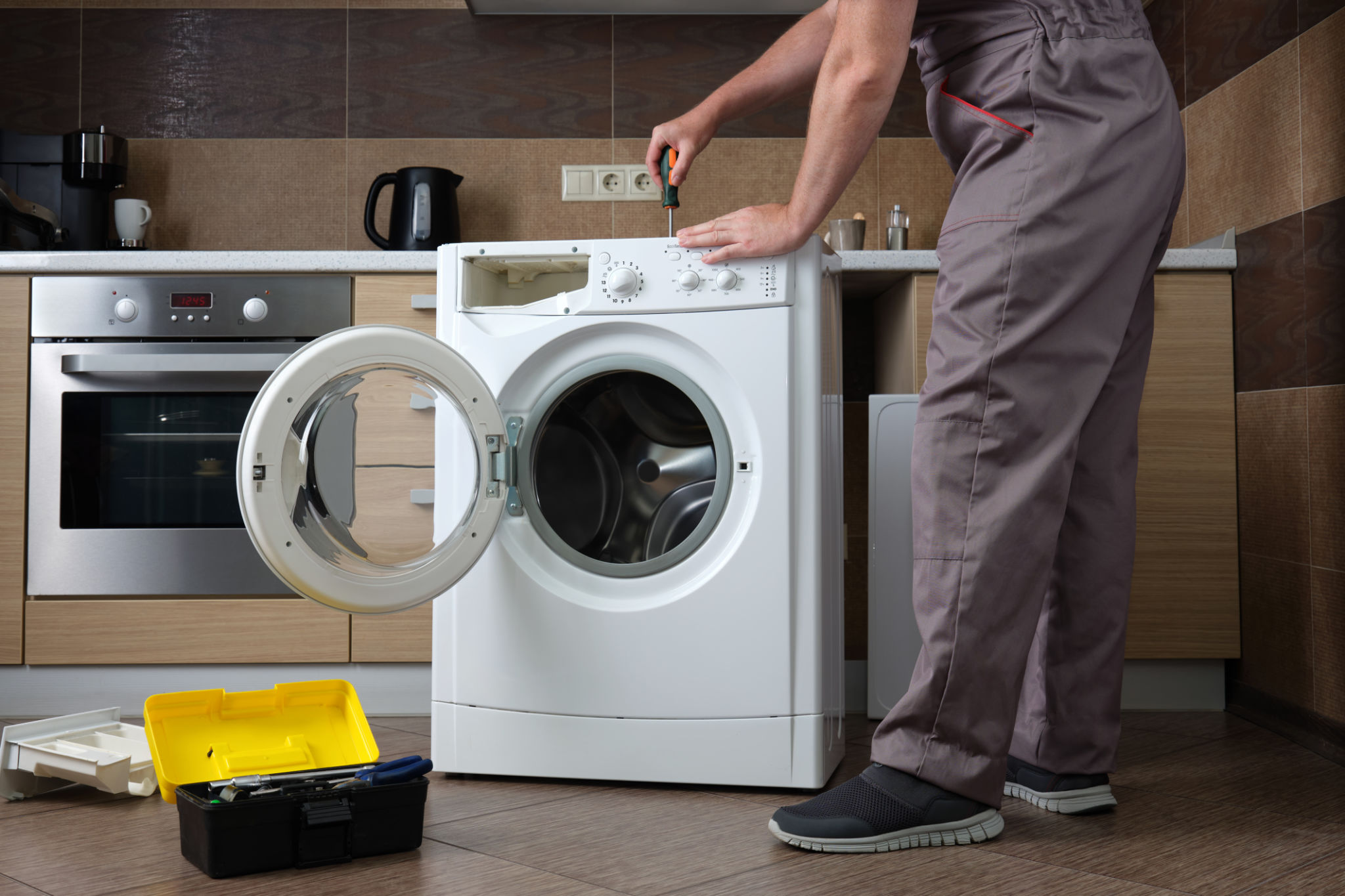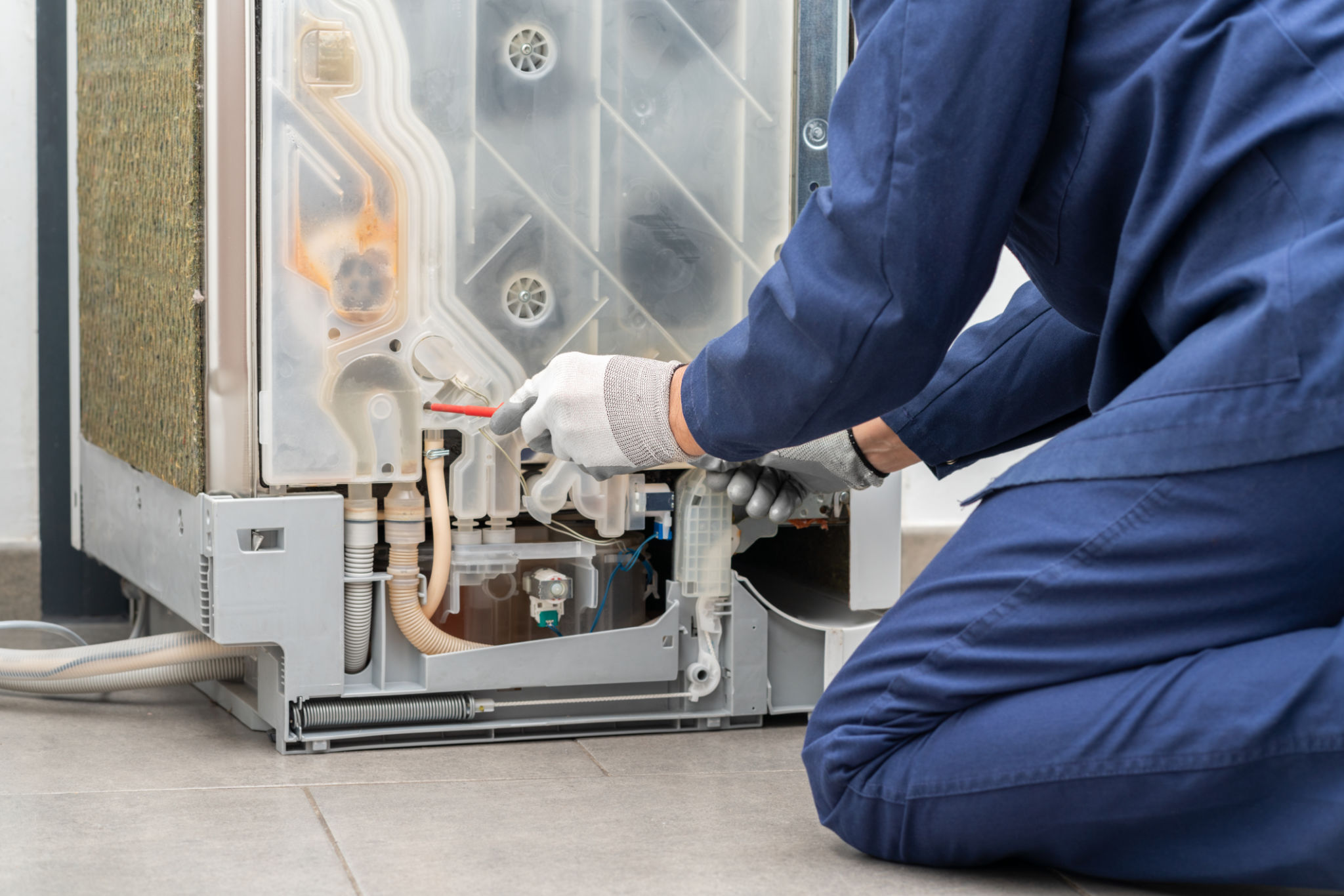DIY Appliance Repair: When to Call the Professionals
Understanding DIY Appliance Repair
Tackling appliance repair on your own can be both rewarding and cost-effective. With the abundance of online tutorials and guides, many homeowners feel empowered to handle minor repairs themselves. However, it's essential to know your limits and recognize when it's time to call in the professionals. Attempting to fix complex issues without proper expertise can lead to further damage and increased costs.

Simple Fixes You Can Handle
There are several minor repairs you can confidently address on your own. These include:
- Replacing a refrigerator light bulb
- Unclogging dishwasher spray arms
- Cleaning or replacing air filters in your HVAC system
These tasks typically require minimal tools and can be completed in a short amount of time. Always ensure you have the right replacement parts and follow safety precautions, such as unplugging appliances before beginning any repairs.
Warning Signs for Professional Intervention
While some repairs are straightforward, others require a professional's touch. Here are some signs that indicate it's time to call in an expert:
- Loud or unusual noises: If your appliance starts making strange sounds, it could signal a mechanical issue that requires expert diagnosis.
- Electrical issues: Flickering lights or frequent power trips can indicate serious electrical problems.
- Persistent leaks: Water leaks from appliances like dishwashers or washing machines can cause water damage and mold growth if not addressed properly.

The Cost-Benefit Analysis
Before deciding whether to attempt a repair yourself or hire a professional, consider the cost-benefit analysis. While DIY repairs can save money initially, a botched job could lead to higher repair costs down the line. Moreover, professional technicians come with the expertise, tools, and warranty on their work, providing peace of mind and ensuring the job is done correctly.
The Role of Warranty
If your appliance is still under warranty, attempting repairs on your own might void it. Manufacturers often stipulate that only authorized service providers should perform repairs. If unsure, consult your warranty documents or contact the manufacturer to clarify what actions might affect your coverage.

Safety Considerations
Your safety should always be a priority when dealing with appliance repairs. Mishandling electrical components or gas lines can pose significant risks, including electric shock or gas leaks. If at any point you feel uncomfortable or uncertain about a repair, it's best to err on the side of caution and contact a professional.
Conclusion
DIY appliance repair can be a satisfying endeavor when handled correctly. By understanding your limitations and recognizing when to seek professional help, you can maintain your appliances effectively while ensuring safety and functionality in your home. Always weigh the potential risks against the benefits before diving into any repair project.